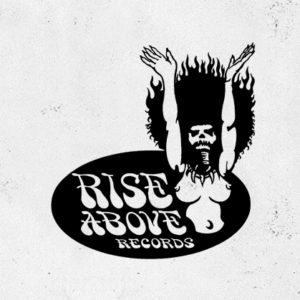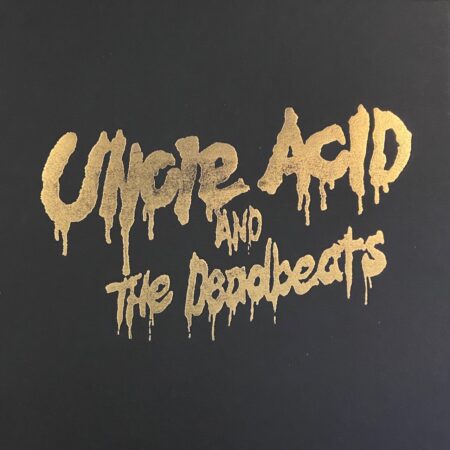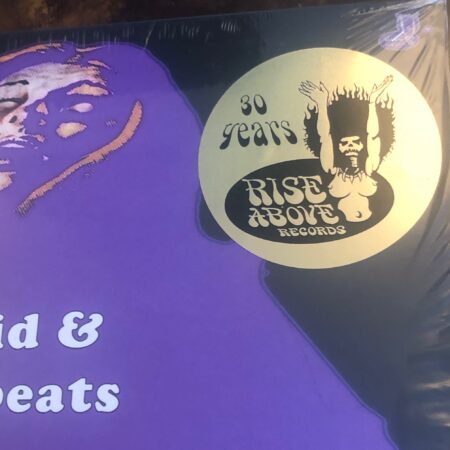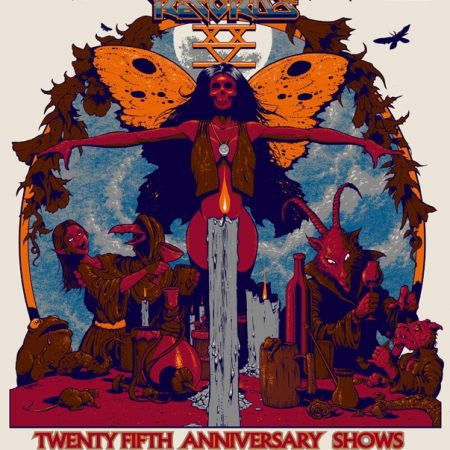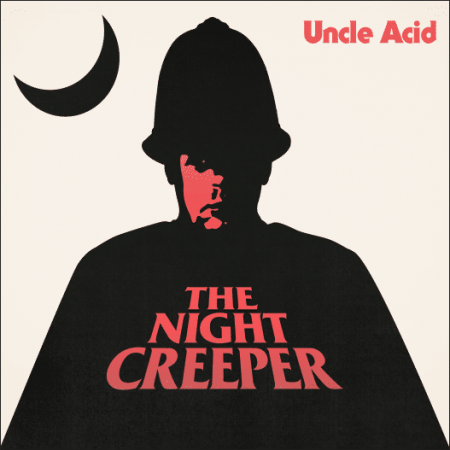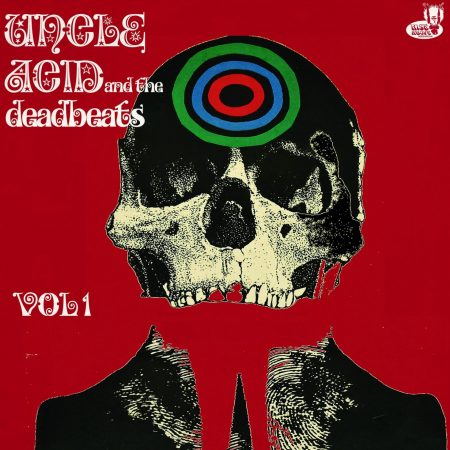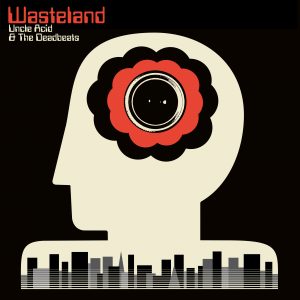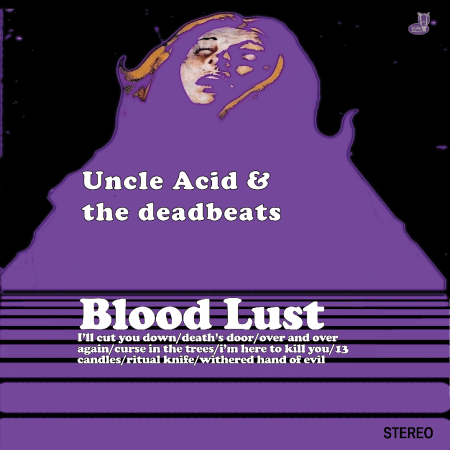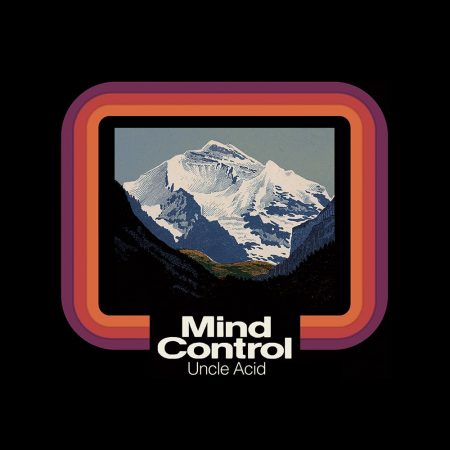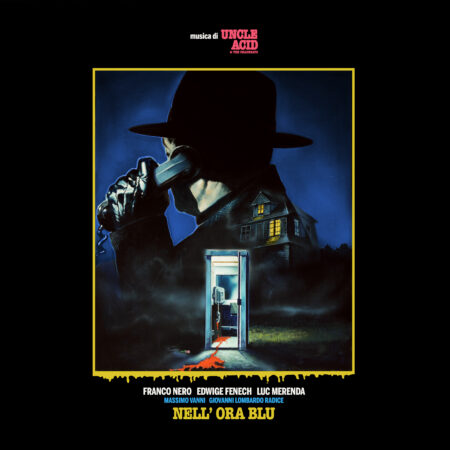Uncle Acid and the Deadbeats
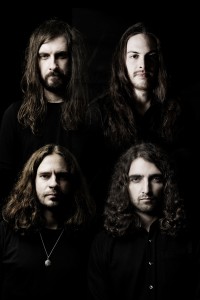
Uncle Acid – Wasteland. By Dom Lawson.
You can probably feel it already. Amid the shimmering haze of dusk. In the marrow of your bones. The darkness is getting darker. Malevolent forces are on the prowl. The wasteland is beckoning. Uncle Acid is on his way home.
The brainchild of mercurial Cambridgeshire mystic Kevin Starrs, Uncle Acid & The Deadbeats have been making extraordinary music since 2009. Always too bold and idiosyncratic to be easily pigeonholed, they emerged from an obscure corner of the labyrinthine English underground as shadowy purveyors of a new and overwhelmingly psychedelic take on the gruff and gritty rudiments of hard rock and turbo-blues, powered by the dark, lysergic heart of the late ‘60s and early ‘70s and drenched in woozily macabre imagery. Steeped in both the wayward melodies and mischievous arrangements of psychedelic pop and the dissonant thunder of proto-metal and doom, Starrs’ greatest feat has been to create an entirely fresh sonic world from these most familiar of ingredients.
Uncle Acid & The Deadbeats’ reputation was swiftly built on towering, riff-driven milestones like 2011’s breakthrough opus Blood Lust and its warped and wicked follow-up, Mind Control (2013); both released through Rise Above Records and subsequently showered with critical acclaim. By the time Starrs’ band created The Night Creeper in 2015, their mutation into heavy music’s most unmistakable eccentrics was complete, as their leader cranked up the melodic weirdness, rendering his monstrous ideas in something approaching three-dimensional Technicolor.
Firmly established as cult heroes, Uncle Acid & The Deadbeats consolidated The Night Creeper’s triumph by touring the world extensively, including a string of sold out shows in the U.S., Europe and Australia. After sustaining that momentum with Starrs’ long-awaited remix of his band’s hard-to-find eponymous debut album from 2010, the singer/guitarist and his henchmen spent much of the last year immersed in the process of making a fifth full-length album. 47 minutes of vital, audacious and frequently bewildering heavy psychedelia, it bears the title Wasteland and is instantly recognisable as Starrs’ most immersive and evocative body of work yet.
“There’s not enough melody or harmony in new music for my liking,” says Starrs. “I wanted to go even further with all of that this time, and really force it down people’s throats! It’s important to me that someone keeps it going, especially in heavy music. I always write to my own tastes, so as long as it appeals to me, I don’t really think about it. But I would say that it’s all been an instinctive progression.”
A disorientating journey through Starrs’ wonkiest dreams, Wasteland glides majestically from punchy and direct psych-rock anthems like I See Through You and Shockwave City to the viscous, somnambulant ooze of the eight-minute No Return and the twinkly-eyed bad trip of the album’s mesmerising title track. Recorded at the legendary Sunset Sound studio in Los Angeles, Wasteland boasts the kind on irresistibly raw and exuberant sound that only the greatest bands can generate. Later completed at Starrs’ own studio, the new songs showcase a newly refreshed line-up, with Starrs once again joined by long-time bassist Vaughn Stokes (who will play rhythm guitar at future live shows, handing over bass duties to Jus Smith) and also latest recruit, drummer Jon Rice.
“We recorded the basic tracks the way we always do,” says Starrs. “Everyone in one room, live and straight to tape. We worked with a great engineer called Geoff Neal (NIN/Motorhead/Fuzz), who really understood what we were going for and how to capture it. Playing in the same room where so many classic albums were made definitely inspired us. Even small things like running the guitars through the same echo chamber that Van Halen used in the ‘70s, it all added to the overall experience.”
Yet more confirmation that Uncle Acid exist in their own musical universe, Wasteland is also a powerful cautionary tale: one rooted in the alien landscapes of Starrs’ imagination, but with a very clear connection to the deranged chaos of today’s political world. As humanity cheerfully circles the plughole, Dystopian visions and present-day horrors have become more-or-less interchangeable, making Wasteland’s ghoulish surrealism a lot more pertinent and disturbing in the process.
“The album is set in a land where people live in walled cities, under heavy surveillance, cut off and in fear of one another,” Starrs explains. “All their thoughts, knowledge and memories have been wiped clean, leaving them like the living dead, barely functioning and addicted to the glow of flickering propaganda screens.”
“In the underworld, there are program discs for the brain that can replace stolen thoughts and allow people to finally think for themselves,” he continues. “It gives them knowledge to escape the misery of the cities and to reach the freedom of the outer wastelands, but the wasteland, of course, is total hell on earth. The general idea seemed quite fitting with all the propaganda and misinformation that we’ve been bombarded with in recent years.”
While most musicians seem content to chase their own (or other people’s tails), Uncle Acid & The Deadbeats remain proud and resolute individualists and Wasteland is simply their most powerful and memorable spurge of creativity to date. Masterfully echoing the magical atmospheres of heavy music’s turbulent past while sounding entirely unlike anything else available to human ears, this is what happens when the shadows come to life and suffocating darkness, Uncle Acid & The Deadbeats style, is the only show in town.

